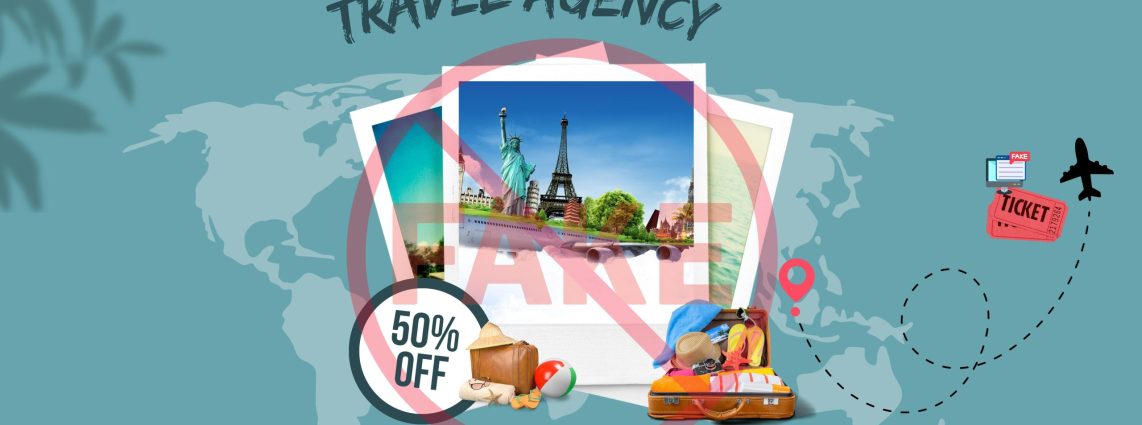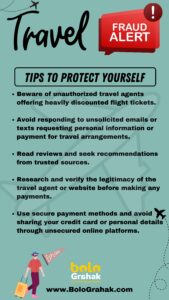Related Post







If you remain in your hometown or country for your whole life, it is hard to fully comprehend the world. You will never get to experience other countries’ struggles, celebrations, and traditions and so many.
You may say that the media does show you those things but remember media enables us to build walls and barriers to understanding. So, you need to explore it by your own way. To execute your travel plans, you may need the help of a professional organiser or their website and that’s where you have to be extremely cautious in your choice of the tourism-service provider.

Only two months ago a city businessman who had booked a flight ticket from Visakhapatnam to Kolkata and was trying to bring the trip forward unwittingly logged into a fraudulent website which he found via an Internet search engine and lost Rs 5.98 lakh. In fact, nowadays there are so many fake tourist offices where you will be led to an ‘official tourism office’. They will tell you that the plans and reservations you’ve made are fake, and they will help you make new bookings. As they pose as government officials, it is easy to fall prey to this common tourist scam. About 51% of Indian respondents have fallen victim to online scams while trying to save money when booking travel, according to the ‘Safer Holidays’ Travel report by McAfee Corp.
The report said that people have engaged in several activities that could put them at increased risk of crime while travelling — like connecting to Wi-Fi networks, using a free USB charging port at an airport or train station, or leaving their digital account logged in after checking out of their accommodation. Fraudulent online travel and flight booking agencies operate internationally. These websites can look highly professional, some even displaying the IATA logo to appear legitimate.

Remember, fake travel websites are popping up now more than ever. However, all these indicate that travel scams are real and continue to be a major concern amongst consumers. Avoiding travel scams requires a lot of common sense and a healthy dose of suspicion. So, it is recommended to be in touch with the country’s very own consumer protection platform. Be alert always, don’t make yourself an attractive target when you are travelling or planning to do so.
Source:(decanherald.com, iata.org, nomadicmatt.com)






Your Comment